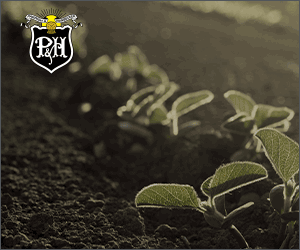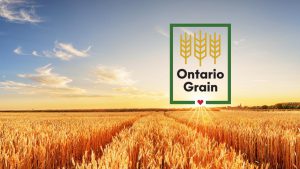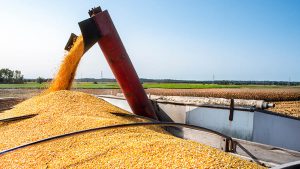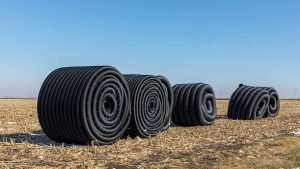A story of sustainable verification
THE CANADIAN SEED INSTITUTE
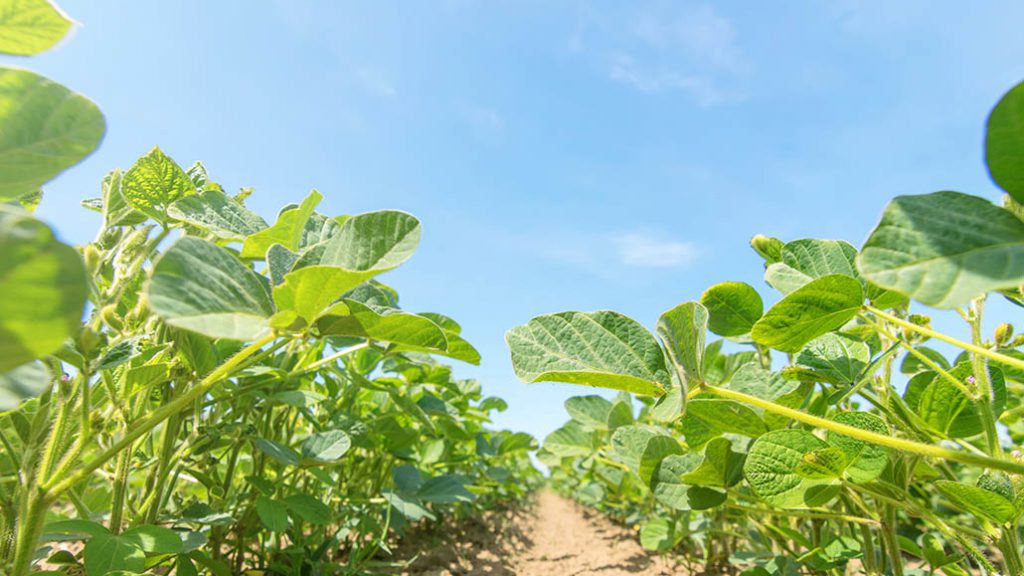
GRAIN FARMERS OF ONTARIO has been actively monitoring sustainability issues over the last decade. Within this time, natural evolution has occurred within the market demands we have experienced. The sustainable production of soybeans is at the forefront of sustainability concerns. In response to this, the Roundtable for Responsible Soy (RTRS) was an internationally recognized program delivered to ensure sustainable soybean production.
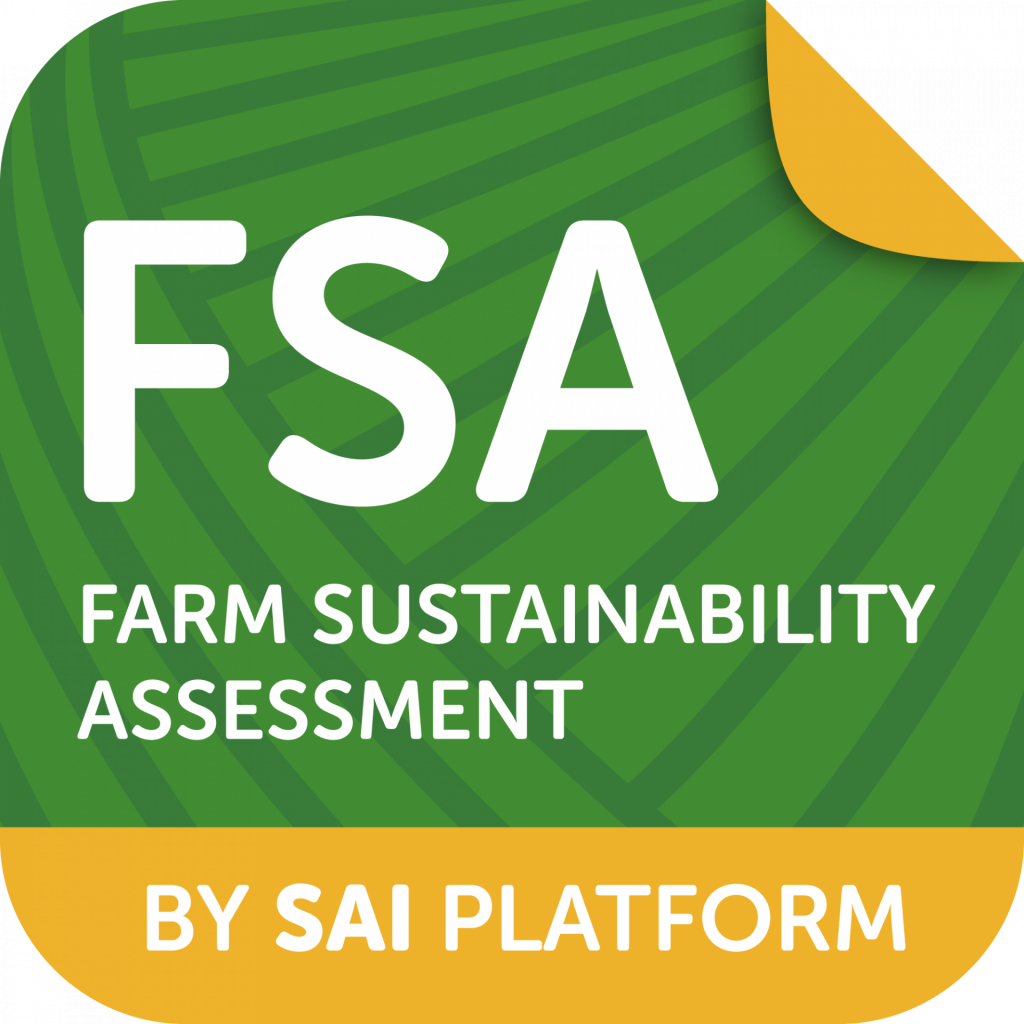
The Canadian Seed Institute (CSI — www.csi-ics.com) is a not for profit organization that delivers accreditation and monitoring programs for the Canadian seed industry. CSI and their independent auditors perform several audits across Canada that help ensure the integrity of the seed industry and agriculture industry. Audits of programs include the Canadian Identity Preserved Recognition System (CIPRS), Hazard Analysis Critical Control Point (HACCP), and other auditable standards including the Canadian Organic Standard.
Since its formation in 1997, CSI has been actively working with the agricultural industry to deliver accreditation and has a foundation of knowledge with the Canadian producer base from their experience with on-farm audits. In 2014, CSI saw an opportunity to meet the market demands for sustainable assurance programs and become a local trusted body of sustainability audits in Canada.
As a result, CSI became an accredited audit body of the RTRS certification program in Canada and performs RTRS audits on Ontario soybean farms.
ASSURANCE
While sustainability demands have since evolved, the demand for assurance remains. Today, a cross-commodity approach has been necessary to address the sustainability demands for all grains and oilseeds in Ontario, not just soybeans. The Sustainable Agriculture Initiative (SAI) Platform has developed the Farm Sustainability Assessment (FSA) to assess on-farm sustainability across multiple commodities around the world. Currently, grain and oilseed farmers in Ontario are going through the FSA to meet the necessary market demands. While not mandatory, optional on-farm verification is also a part of the FSA.
Roy Van Wyk, executive director of the CSI, notes that at CSI they are “trying to meet the needs of our existing clients by developing services that support them as they try to continue to supply the food chain when a new market demand emerges.”
To meet these new demands, CSI had become a recognized verification body of the FSA.
“Our recognition as an FSA verification body positions us well,” says Van Wyk. “As a verification body, we can use our skills to help the Canadian grain, pulse crop, fruit and vegetable industries demonstrate their commitment to sustainability and be more attractive to the value chains they supply.”
BROADER INTEREST
While demands began in the grain and oilseed sector, Van Wyk notes that the demands for on-farm verification of the FSA have grown outside the grain sector and “we have performed audits on apple, wild blueberry, and sugar beet farms across Canada.”
While the FSA requires audits once every three years, Van Wyk sees opportunity as the adoption of the FSA grows across Canada. “We are looking to do more planning and provide our auditors with the right mentorship and knowledge to understand how to perform an FSA verification as market demands grow.”
To maintain rigour and ensure compliance, assurance may be necessary to meet the sustainability demands set by the marketplace.
Food and drink companies are looking for greater transparency of the agricultural commodities they are sourcing. While Ontario grain farmers employ many sustainable practices on their farms, the reality is third party verifications or audits may be necessary assurance for greater transparency. Today, it comes down to saying what you do, doing what you say, and now being able to prove that.
Michael Buttenham is the sustainability and environment coordinator for Grain Farmers of Ontario.
This article highlights work by Grain Farmers of Ontario’s market development department. •


